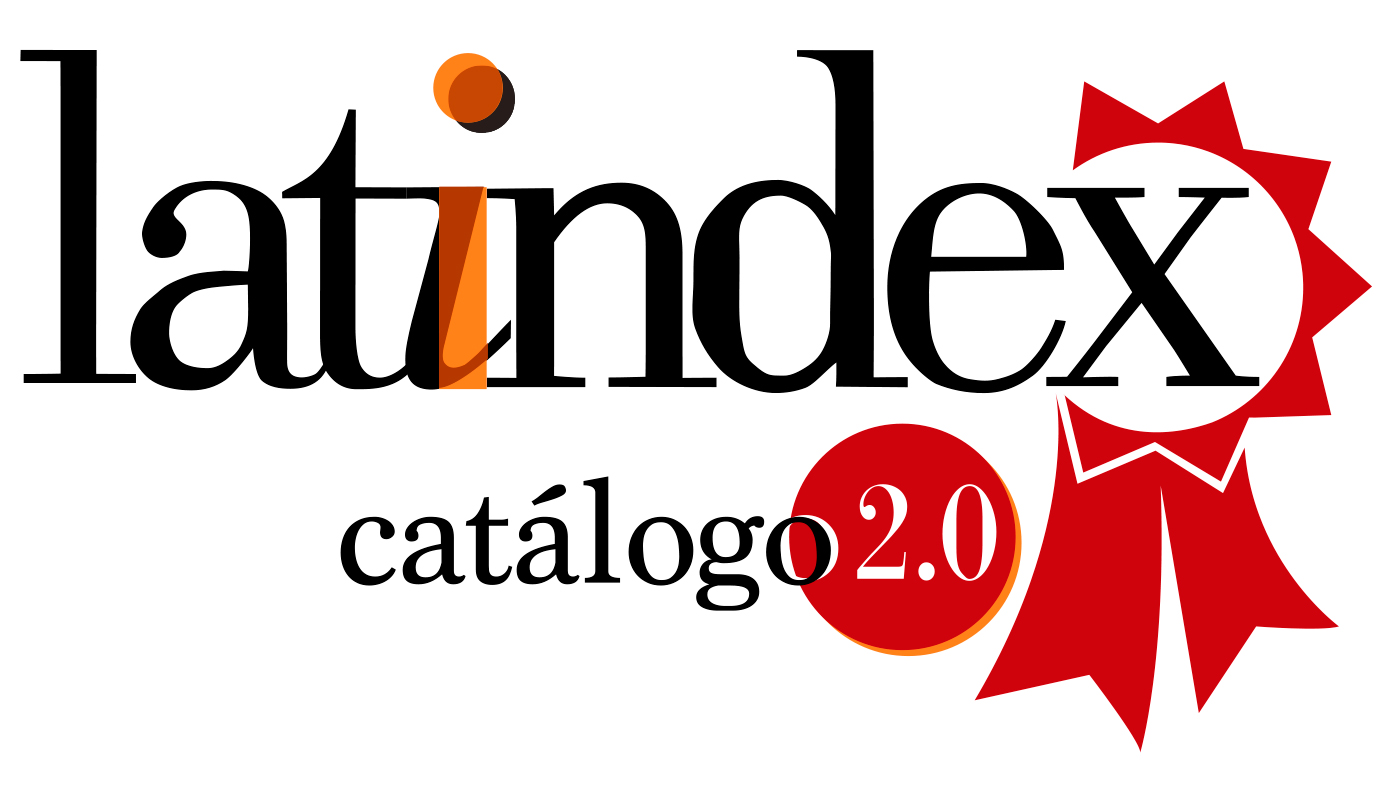Submission Preparation Checklist
As part of the submission process, authors are required to check off their submission's compliance with all of the following items, and submissions may be returned to authors that do not adhere to these guidelines.- 1) The works must be unpublished or with authorization for reproduction material protected by copyright.
- 2) Writings may be written in Spanish or English.
- 3) Articles must have a maximum degree of 15 words. They shall meet the following requirements in addition: abstract (maximum 130 words) and five key words in two languages (Spanish and English), the body of the article and references.
- 4) As for the proper formats of the article, these must be in font Arial 12, space 1.5, justified; The extension is free. Except for reviews, which should not exceed two pages. They must be sent in Word format to email the magazine or platform.
- 5) The reviews must refer to texts that have been published since the last three years of the current year. The complete reference of the book should be indicated.
- 6) In case of recensions, they must adhere to the stylistic and reference format requested for the articles in this magazine.
- 7) Finally, in a footnote - just after the author's name - a brief curricular outline of 250 words maximum will be added. Author's email must be included.
Articles
En esta sección se consideran artículos académicos previamente acotados a los requisitos de forma y contenido estipulados en la “Convocatoria general” lanzada por la revista electrónica “Miscelánea filosófica…”, los cuales serán previamente estipulados, revisados y aprobados por el “Comité organizacional” de dicha revista electrónica.
Así mismo, se establece e informa:
1.- Serán considerados artículos académicos enviados vía correo electrónico a la dirección proporcionada por la página oficial de la revista electrónica “Miscelánea filosófica…”, la cual también será contenida en la “Convocatoria general” lanzada de manera cuatrimestral por la revista.
2.- Serán considerados artículos académicos relacionados a los tópicos específicos previamente estipulados, revisados y aprobados por el “Comité organizacional” de la revista electrónica “Miscelánea filosófica…”, los cuales deberán ser acotados y relacionados a los establecidos a juicio de dicho “Comité organizacional”.
En cuanto a los tópicos específicos se establece:
2.1.- Serán considerados aquellos artículos que cumplan con los siguientes tópicos específicos relacionados a los contenidos, objetivos generales y finalidades establecidas por la revista electrónica “Miscelánea filosófica…”
2.2.- Tópicos específicos a considerar:
-Filosofía.
-Filosofía y su relación con la metodología de las disciplinas científicas.
-Filosofía y su relación con el trabajo multidisciplinario entre las ciencias y las humanidades.
-Ciencias exactas o aplicadas y sus aspectos filosóficos relevantes.
-Ciencias de la educación y sus aspectos filosóficos relevantes.
-Antropología y sus aspectos filosóficos relevantes.
-Psicología y sus aspectos filosóficos relevantes.
-Ciencias políticas y sus aspectos filosóficos relevantes.
-Sociología y sus aspectos filosóficos relevantes.
-Notas científicas, metodológicas, críticas e informativas.
-Reseñas acerca de artículos específicos cuya aproximación sea relevante para el trabajo multidisciplinario analizado y evaluado por la Filosofía.
Así mismo, se establece e informa:
3.- En relación a tales tópicos y contenidos específicos para esta sección, el “Comité dictaminador”, el “Comité organizacional”, así como el “Comité editorial de sección” se reservan el derecho de admitir y rechazar aquellos artículos que se considere que no cumplen con alguno de los tópicos establecidos previamente en el número 2.2 de esta “descripción de sección”.
Así mismo, se establece e informa:
4.- Las condiciones específicas acerca del formato a cumplir para la recepción e ingreso a “proceso editorial (general)” serán conjuntadas bajo las condiciones específicas de forma y contenido mostradas en la “Convocatoria general” lanzada por la revista electrónica “Miscelánea filosófica…”.
Progress or research reports
- Informe de avances o reportes finales de investigación: Que cumplan con la estructural IMRyC (Introducción, Metodología, Resultados y Conclusiones). La extensión de la contribución deberá estar entre 3,000 y 4,500 palabras. Las gráficas, esquemas y figuras deberán estar en el lugar que corresponde dentro del texto. Las referencias bibliográficas deberán ir al final del texto, en orden alfabético, siguiendo las normas de la American Pshycological Associaton (APA 6ª Edición).
Book review
Tendrán una estructura libre estructurada de manera concisa y coherente. Sólo se aceptarán revisiones de libros que no se hayan publicado en fecha anterior a 3 años, en relación a la presente convocatoria. La extensión oscilará entre 1,500 y 2,500 palabras. Las referencias bibliográficas deberán ir al final del texto, en orden alfabético, siguiendo las normas de la American Pshycological Associaton (APA 7ª Edición).
Translations
- Traducciones: Acompañadas de un documento que acredite el permiso de la casa editorial correspondiente, no debiendo superar las 10,000 palabras.
Mosaic
This section includes paper that about philosophical topics from various disciplinary approaches. It is to approach some philosophical subjetc with conceptual and methodological tools of others areas of the human knowledge to explain the problematic raised; or otherwise, talk about any social, cultural, political, biological, among other topics, but whit philosophical notions. Inn addition, this section includes woks framed from a literary genere like: story, poem, essay, chronicle, and others. The objetive is to allow aproach of the humanities and the sciencies in general. In this sense the composition of the work will be subjetc to the author's pretensions, but must take into account not only the enunciation of a philosophical problem but the development of it.
Interdisciplinary reflection in free format (short story, literary essay, poetry), with the theme marked in the present call. It should present a theoretical foundation of any discipline in relation to a philosophical subject. The extension should not exceed 4,500 words.
Privacy Statement
Los nombres y las direcciones de correo electrónico introducidos en esta revista se usarán exclusivamente para los fines establecidos en ella y no se proporcionarán a terceros o para su uso con otros fines.




